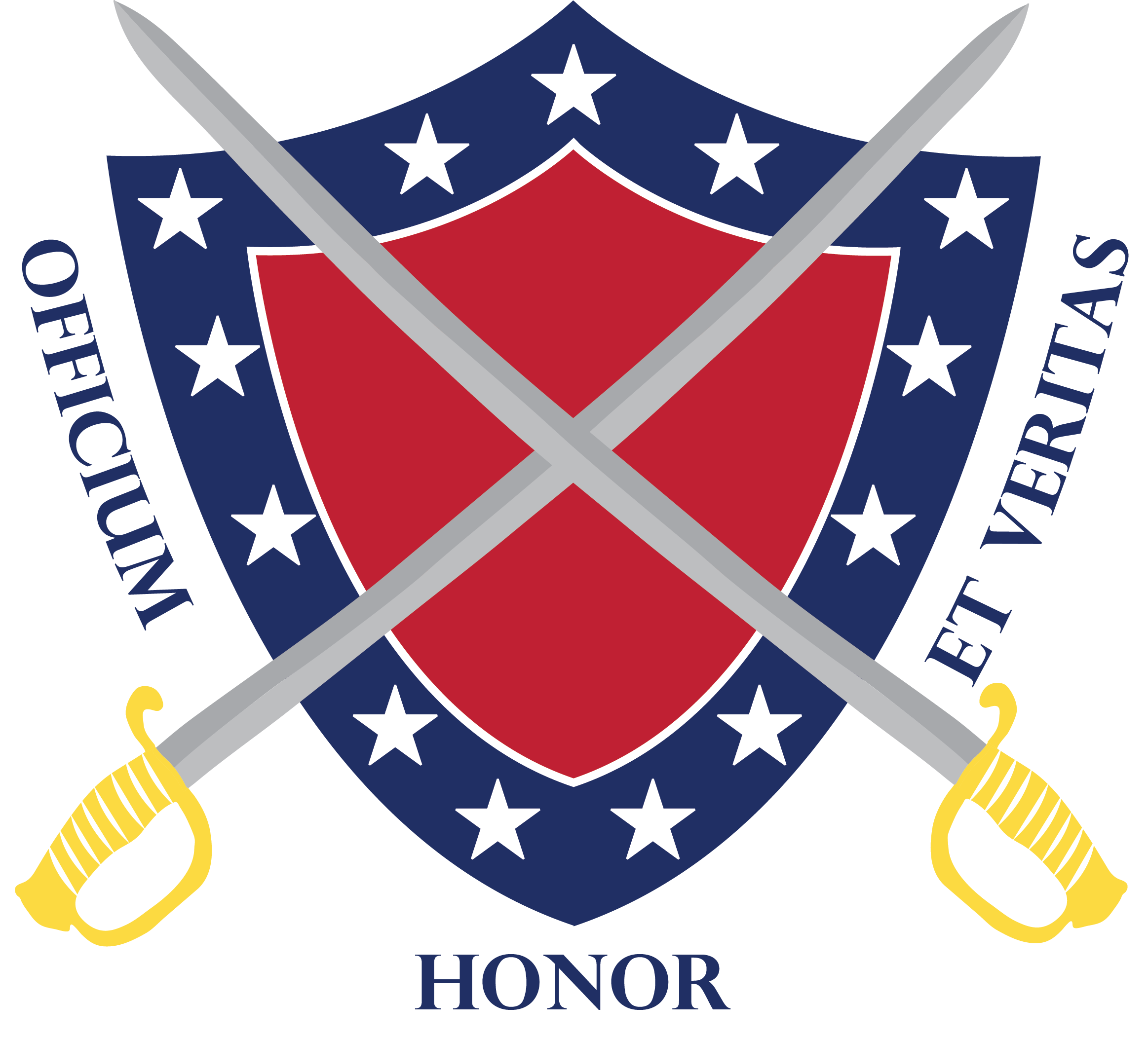
All Kinds Of Folks Connect Marx To The Early Republican Party
I’ve written a bit over the years about the influence of Marxism in the early Republican Party. Lots of folks had a hard time with that. But, as time goes by, more and more folks are willing to admit there were connections.
Revised History – All Kinds Of Folks Connect Marx To The Early Republican Party PDF
I’ve written a bit over the years about the influence of Marxism in the early Republican Party. Lots of folks had a hard time with that. But, as time goes by, more and more folks are willing to admit there were connections.
I just read an interesting article on https://www.counterpunch.org for 12/25/15 by a Michael Perelman. I don’t know his background but I suspect he may be on the left politically. If I am wrong and you know it, please fill me in so I can make note of it. Perelman had some interesting commentary on Lincoln’s influence on the early Republican Party. He observed: “Marx was both an economic victim of the Civil War and apparently a major force in determining its outcome. If this claim does not seem too outlandish, bear with me when I tell you that Marx was also an important figure in the Republican Party.”
Perelman noted the 1848 revolts in Europe that brought many of the socialist and communist Forty-Eighters to America. He tells us that: “The 48-ers, many of whom were followers of Marx, became very active in the Republican Party. Senator Carl Schurz, an acquaintance of Marx, became a powerful senator from Missouri, as well as Secretary of the Interior. The 48-ers are sometimes given credit for having been the major force that tipped the nomination of the party’s presidential candidate to Abraham Lincoln. Mark Lause’s book “A Secret Society History of the Civil War” makes a powerful case for their contribution…Marx had organized a group called The International Working Men’s Association” in England.
Perelman continued: “The Republican Senator from Massachusetts, George Frisbie Hoar gave a powerful speech, which can be found in the “Congressional Record”, attributing England’s choice of neutrality during the Civil War to the International Workingmen’s Association. In addition, Charles Francis Adams, the son of John Quincy Adams and ambassador to England, also wrote in praise of the efforts of the International Workingmen’s Association. Years later, John G. Nicolay, Lincoln’s private secretary, would confirm Marx’s role in his 1881 book, “The Outbreak of Rebellion” (Cambridge, Mass. Da Capo Press, 2005.”
So as we go along, more and more people seem willing to admit that Marxism influenced the early Republican Party. Way back in 2008, the late Alan Stang did a column that appeared on many websites called “The Republican Party–Red from the start.” A lot of people back then didn’t pay much attention to what Alan said. They should have. He was ahead of his time in recognizing some of the Red roots of the republican Party.
